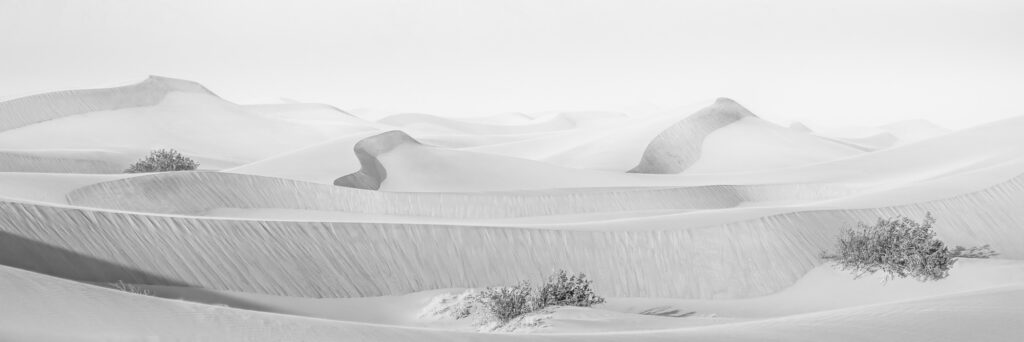Wu Wei – And the Art of Effortless Action

“The master sees beyond what is obvious. He sees the unseen, feels the unfelt, and hears the unheard. He looks below the surface for what is hidden and so finds the great heartbeat of the Universe. He smiles, knowing it is his heartbeat, your heartbeat, our heartbeat.”
| I Ching Wisdom: More Guidance from the Book of Answers, Volume Two
How we all like to do nothing for once! Is that the case? I often have the impression that people nowadays always need something to do and can’t stand this moment of doing anything at all. For these people and all others, I would like to share an exciting concept from Chinese philosophy. It is called: Wu wei – which translates to “doing nothing.”
It seems to be a welcome invitation to relax or, worse, to surrender to lethargy. According to Daoist philosophy, however, this idea is essential to profound behavior and is at the core of what it means to follow the Dao, or the Way.
The central scripture of Daoism, the Dao De Jing, states, “The Way never acts, but nothing remains undone. This is the Wu Wei paradox. It refers to “effortless action” or “actionless action,” not inaction. It means maintaining a sense of composure despite performing the busiest tasks to do so as expertly and effectively as possible. When we speak of being “in the zone,” a state of great concentration and good flow, we are capturing part of the meaning of Wu Wei.
All artists and photographers may know this feeling very well. It does not happen every day, but those who have experienced it long for it repeatedly. Usually, at that moment, we are triggered by something that calls our attention. If we follow this call, we can spend hours trying to discover the cause, and the essence of this trigger. And ultimately expressing this moment optimally with a picture. It is often the perfectly formed creation of an image but, at the same time, a moment of authentic presence or mindfulness. We are at this moment. Time is flowing. And we let ourselves flow with it. How wonderful.
Wu wei is closely related to Daoist reverence for nature because it means that we work toward making our actions as natural and inevitable as some natural processes. We are then swimming not against a current, not against resistance, but with it. This sustains our energy and encourages it.
How often it happens to us in life that life tells us what we should do. To go where the joy lies. But we often find a “but” that prevents us from going that way. To go our way, which nature has created for us. What do we think at the end of our life if we have not followed this call of nature towards our personality? Can we then have lived a satisfied life, at the end of which we can say: Yes, I have lived life and myself. And not reproach ourselves for what might have been if we had followed this call of nature? This is a natural way to where it feels natural. With the river. Dancing with the current.
Wu wei means letting go of ideas we would otherwise impose on things. Getting away from ego to feel. Then there can be a loss of self-consciousness and a new unity between the self and its environment, releasing energies usually held back by a strong-willed mindset.
However, all this does not mean we cannot influence or change things when we work towards Wu Wei. According to the Dao De Jing, we should emulate water because it is “submissive and weak” but “cannot be surpassed in fighting that which is hard and strong.” With moderate persistence and adherence to the unique form of a problem, a challenge can be circumvented and gradually eroded.
How do you shape your wu wei? What is nature calling you to do? Where is the least resistance, and where does the flow carry you? Why don’t you sit by a river, let your thoughts carry you, and feel inside yourself?
